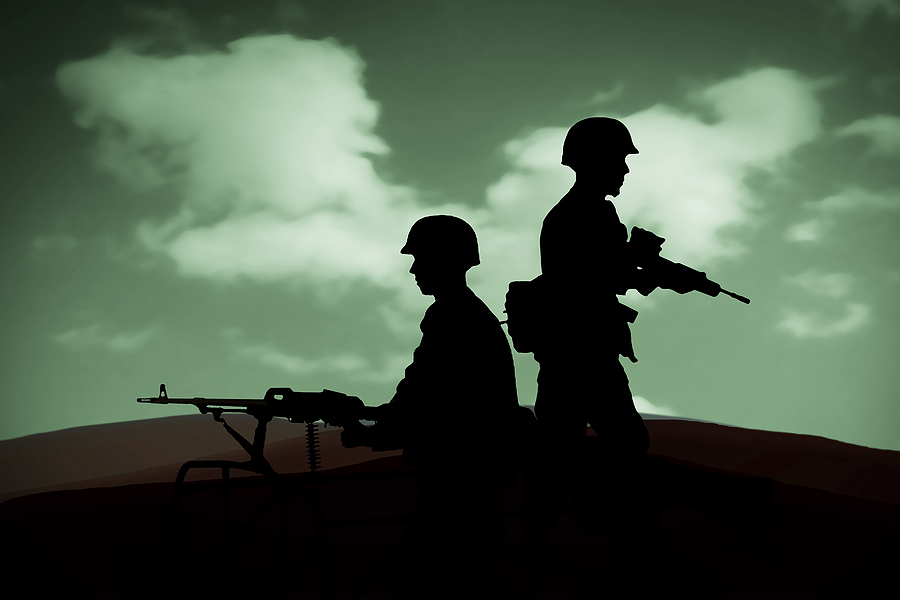Facts about PTSD and associated disorders
By Liz Lockhart
I recently had contact with ‘Life Works’, one of the UK’s leading private treatment centres for drug and  alcohol abuse. Along with other information they have provided a list of ‘fast facts’ about mental health conditions which affect people who are, or who have served in the armed forces.
alcohol abuse. Along with other information they have provided a list of ‘fast facts’ about mental health conditions which affect people who are, or who have served in the armed forces.
It is notoriously hard to find reliable UK data which indicates the number of servicemen and women who are affected by conditions such as Post Traumatic Stress Disorder (PTSD), and drug and alcohol abuse. ‘Life Works’ suggest that the information below is current and valid. These statistics make for interesting reading and should remind us all of the personal cost that our service people can pay for the job they do to protect us all.
Post Traumatic Stress Disorder:
30.9% of male Vietnam veterans and 26.9% of female veterans developed PTSD. This information was obtained from the US Department of Veteran Affairs. Extensive data is not available or the UK but incidence o PTSD are likely to be similar for those who have experienced combat.
Suicide rate for ex-servicemen:
Ex-servicemen under the age of 24 years are 2-3 times more likely to attempt suicide than their civilian counterparts.
Co-morbidity between PTSD and alcohol disorders:
Studies have found that there is a co-morbidity rate of between 41 and 85%. This far exceeds the 19-24% prevalence of alcohol abuse or dependence in the general male population.
Effects on marriage:
The marriages of 38% of US Vietnam veterans broke up within six months of return from SEA. There is currently no UK data available for UK servicemen returning from combat.
Suggested barriers to seeking help:
Servicemen are trained to ‘cope’. Other issues which provide barriers to seeking help include stigma, macho image, occupational issues, institutional issues and the fact that they feel that civilians ‘won’t understand’.
PTSD:
75% of referees to the Ex-Services Mental Welfare have primary diagnosis of PTSD of which 62% have co-morbid PTSD, depression and alcohol misuse.
Effects of serving in Iraq or Afghanistan:
Regular soldiers who spent time in either Iraq or Afghanistan are 22% more likely to misuse alcohol than full-time troops who had not been deployed.
Armed forces have a history with alcohol:
Alcohol has historically been an important part of military life. In the 19th and 20th centuries, both in the UK and Europe, motivation to join the military was often driven by the availability of free liquor, food, a regular way and a need to escape poverty.






